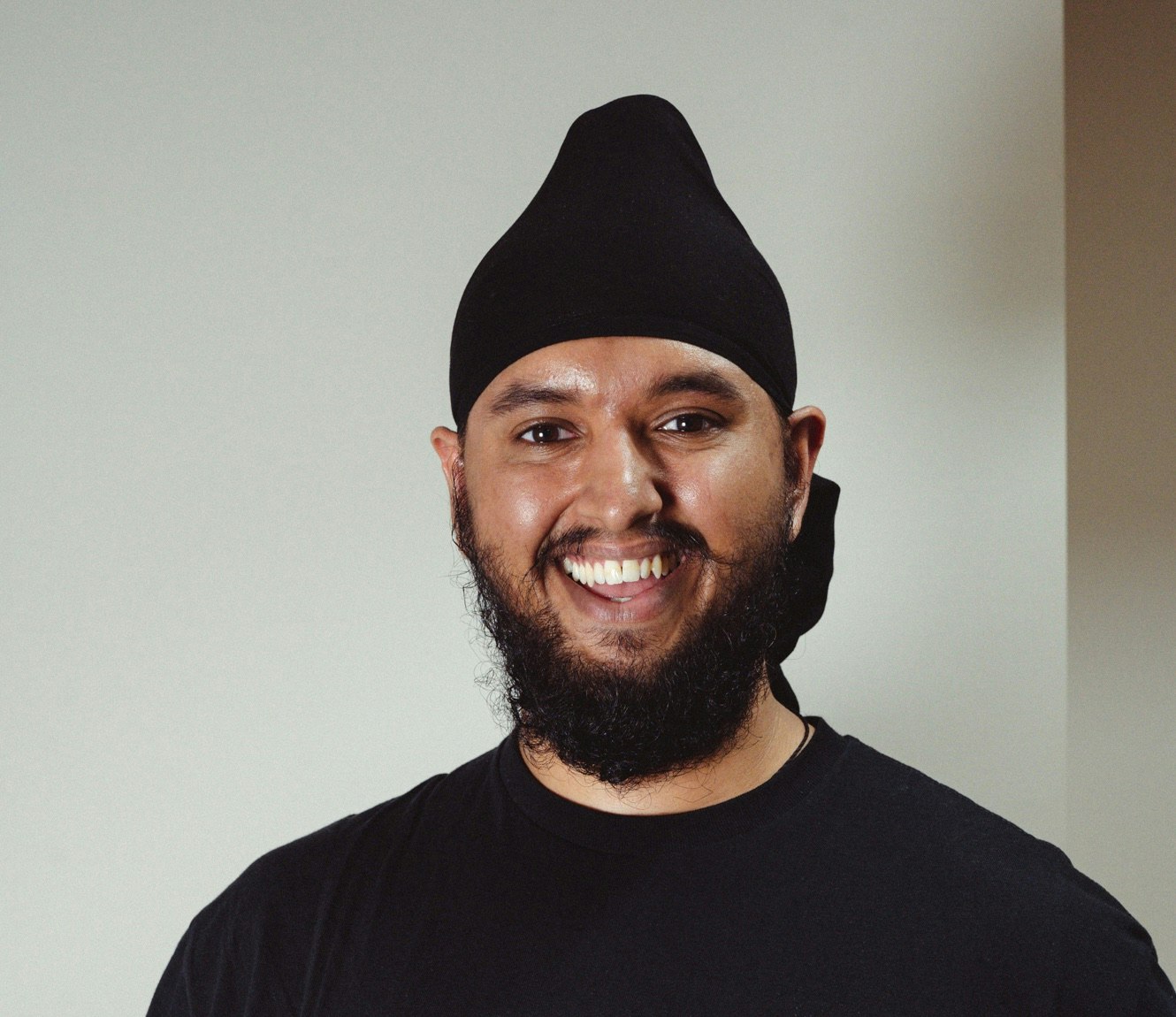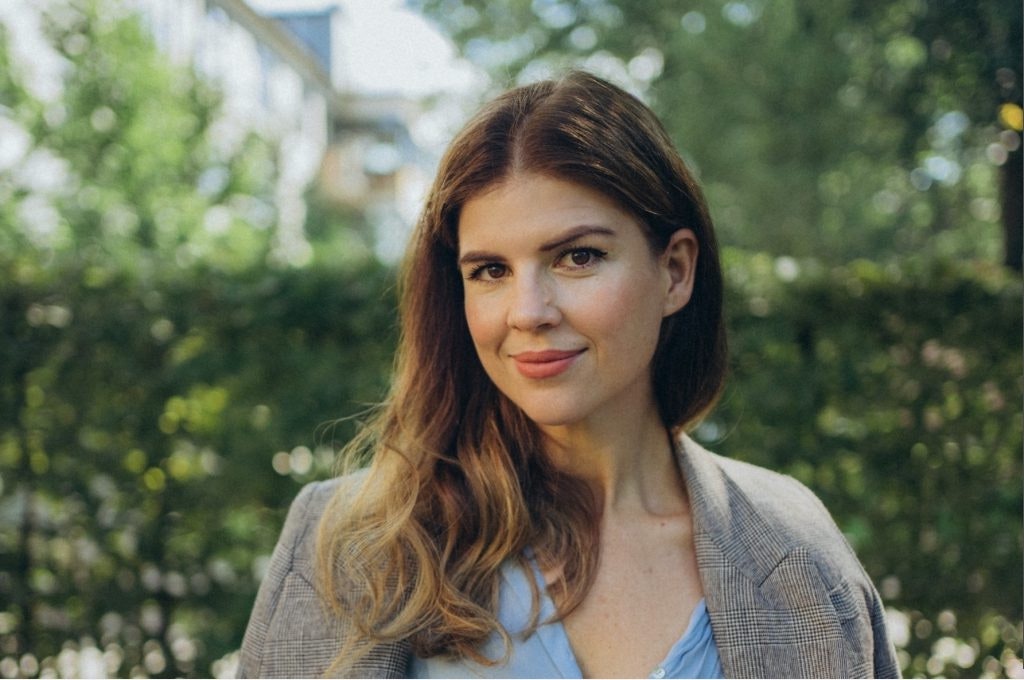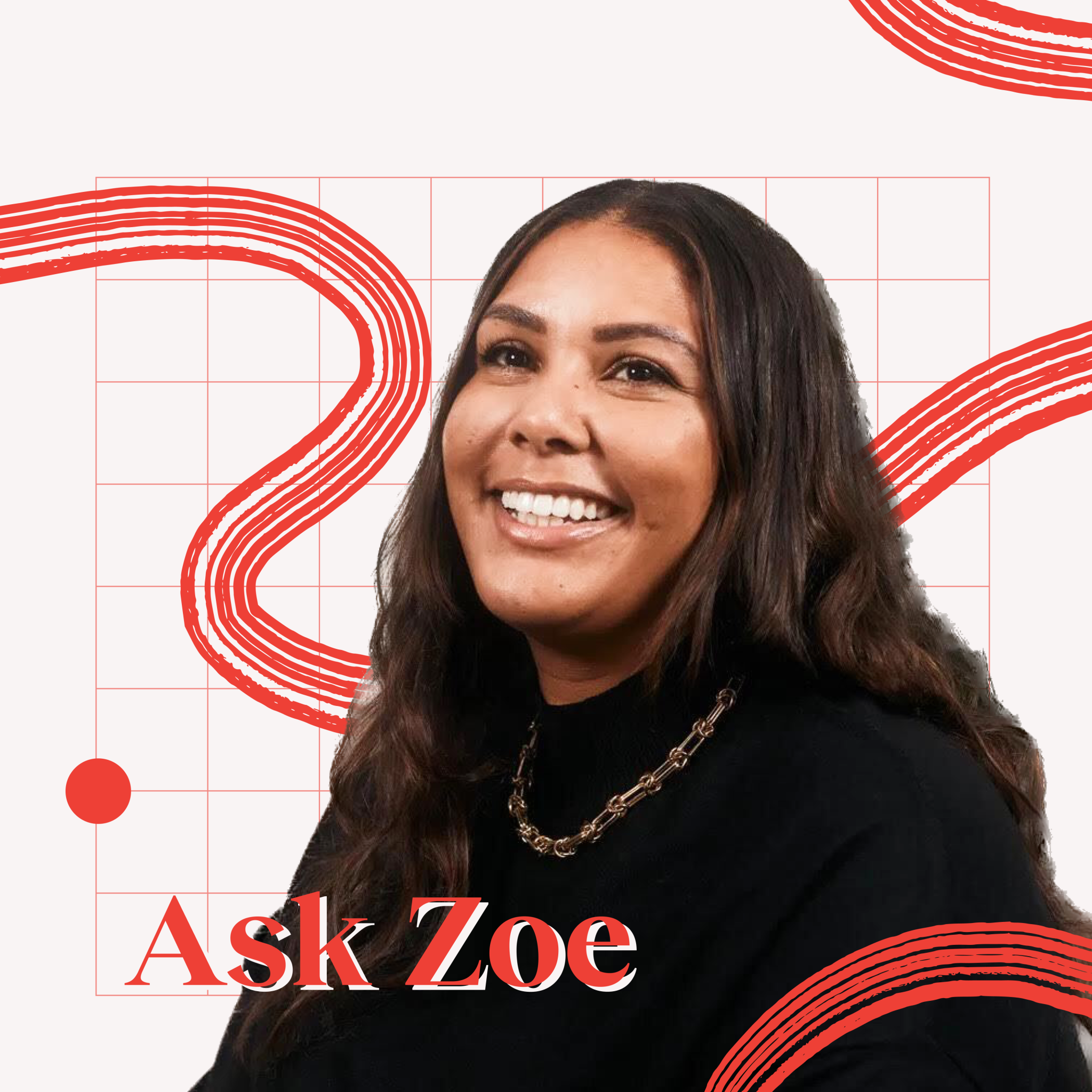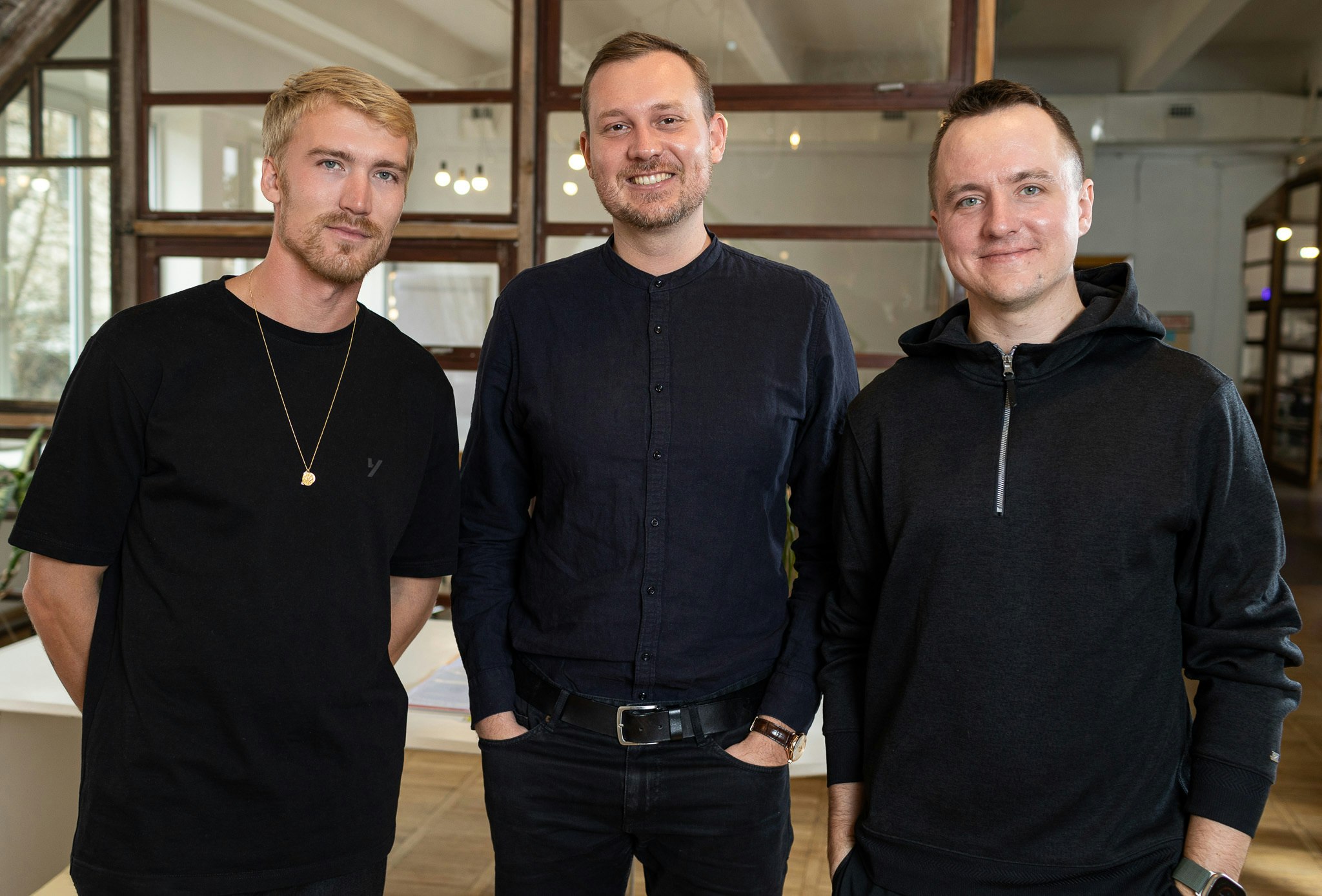No matter how talented a founding team may be, building a startup is never plain sailing. Hurdles come thick and fast, in various guises, depending on the stage you’re at. Particularly in the early days when the team is still small, bringing on other eyes, ears and brains is essential. That’s where startup advisors come in.
What is a startup advisor?
A startup advisor is a specialist with experience, knowledge or training in a particular sector or industry who provides advice, mentoring and networking opportunities to founders.
👉 Read: How and why to build a startup advisory board
“It’s the person you need at the end of the phone when you have the most ridiculous question — which, trust me, there are a lot,” chuckles Ryan Edwards, founder of Audoo, a music tech company focused on performance royalties.
An early-stage startup advisor might be able to help you with things like:
- What are articles of association?
- How do you value a business?
- How do you set a share price?
- What should your options pool look like?
- Why do I need different types of lawyers?
What does a startup advisor do?
As Audoo straddles tech and music, half of the company’s advisors are from the music industry who can advise on the complexities of publishing rights and legalities. The other half are experts in building technology or raising funds, who can get into the nitty-gritty of financials and growing the business, such as:
- How did you get to that valuation?
- What do your numbers look like?
- What mechanics did you use — IP, revenue, potential growth?
“A lot of it starts with understanding what we don’t know,” explains Harvinder Power, cofounder and CEO of Motics, a physiotherapy tech startup focused on muscle rehabilitation.

Power is a doctor by training while Motics’s other cofounder Salinna Abdullah is an engineer. As the startup pivoted from hardware to physiotherapy, it needed a mentor with hands-on experience in the field.
“At the early stage, [advisors] were able to just sense-check the basics and give us the business fundamentals,” Power says. “And that was really important to ensure that we’re going in the right direction, we’re not falling into the obvious traps that people who’ve actually done this before know are the big red flags.”
👉 Read: How to hire startup advisors
As the business expands you'll start to outgrow your early advisors, and more specific sector advice will be important. Motics’s first advisors were former founders. Now they rely on someone who is an expert in physiotherapy.
For Astrid Kristensen, cofounder of LEIA Health, a femtech startup focused on postpartum care and parental health, what she needed at the beginning was advice from other, relatable female entrepreneurs. A sounding board of women who had done it themselves.
“Really early on, my biggest barrier to starting my own company was the existing narrative around entrepreneurship,” she says. “I had kids at the time and I was like ‘oh my god how is this going to work?’ So my first advisors were people who I was really inspired by, had done a really good job and also had a family. Just kind of validating my ideas and how it actually works and giving me that kick in the arse I needed.”
Kristensen has had advisors who have reached out on LinkedIn to ask if they can help — including politicians, Sweden’s head of healthcare and investors. “I’ve been quite lucky in the sense that what LEIA Health is trying to solve is a massive problem; everyone has a story,” she says. Among her first advisors were also proper medtech and deeptech people who could advise on the key challenges and regulations.
How do you find startup advisors?
Many founders Sifted spoke to found their advisors through existing networks. That might be through an investment network, previous company or university. Others come from incubators and accelerator programmes.
Edwards met one of his advisors through the Abbey Road music tech incubator, someone he jokingly says “knew more about the business than we did”.

He’s also pitched to angels who recommended he speak to contacts. “Typically it started with a coffee and then over six, nine, twelve months, I’ve gone 'great, this is somebody I really get on with and really trust and maybe now this is the time'. For me, it’s always been about building those natural relationships,” he says.
The latest advisor he’s brought onboard invested two and a half years ago.
Similarly, for biotech startup Solu, advisors emerged from previous collaborations — people who had given advice or feedback in the past and liked the company and wanted to be involved.
Investors have been “tremendous advisors for the company”, says Sam Sihvonen, Solu’s founder, who has brought onboard angels alongside medical and scientific experts. “Having a balance between people who really look at the science and the product and people who think about the market and the business potential is crucial. If you have it lopsided, it will cause some challenges.”
But when you’re looking for startup advisors Kristensen says that you should be proactive in reaching out to people outside your immediate network too. “One of my strengths is that I have no problem cold-calling anyone, going ‘I love what you do, can I buy you a coffee and pester you with a lot of questions’ and 99% of people say yes. A massive part is understanding that you don’t know it all and learning from other people’s mistakes,” she says.
“I usually look within my network, see how far away we are on LinkedIn and try and see if I can get someone to do an intro, and if not, I usually just message them. And 90%+ answer and take the time, which is amazing, but I think it has more to do with the cause — trying to do something to help women — than me personally.”
How do you decide who to bring onboard?
Before you bring an advisor in you need to spend time getting to really know them and “making sure everybody gels” with them on your team, says Edwards.
Most of Audoo’s advisors are individuals who have been successful multiple times over on their own terms, and Edwards warns against advisors with little experience: “It’s become almost fashionable for people to be an advisor, and they’ve got no experience,” he says. “I’ve had it: so many LinkedIn messages from people who are in mid-level corporate jobs being like ‘hey, I could advise your little business’.
“For me, if they’ve been there and done it, you know. You can see in an instant.”
👉 Read: Tips for early-stage growth without hiring a growth team
Audoo’s advisory board often have invested big bucks themselves in the company — and asking potential new advisors if they’d be interested in investing is one litmus test Edwards uses to gauge their suitability. If he tells them there’s a £100k buy-in, depending on the response “it either tells you they’re really into it and happy to put their money in, or actually they’re just a career advisor who hasn’t been through the pain”.
He also encourages advisor turnover and changing them as you grow. “We’ve had advisors come and go over the last four years,” he says. It’s a matter of who can accelerate the company to the next stage. For example, one of his first advisors had grown a business to a £150m valuation. The advisor who just joined was CEO of a £6.5bn revenue-a-year business.
What makes a good startup advisor?
First up they have to match your team’s culture, says Power. “After we approached a couple of advisors we liked on paper to see if they wanted to advise us, we just felt the fit wasn’t right after meeting them, and that it would probably add more friction rather than positive forward direction,” he says.
Edwards adds that it’s essential for them to be “super knowledgeable subject-matter experts” with a good attitude.
“What you see with our board and our advisors is they will turn up to every staff event… Seeing themselves as part of the team. When our guys come into the office, they normally acknowledge me last. They want to get into the office and talk to the team and make themselves super, super approachable,” he says.
“It ultimately comes down to trust,” says Sihvonen. “Being able to see an advisor have contributions over a long time frame… We value people who think about the company in the long–term as well.”

Why do you need advisors?
As a biotech company, advisors are integral for Solu. Solu’s advisors include a former medical director at Palo Alto Medical Foundation, a professor from Stanford who is the company’s scientific advisor and understands antibiotic resistance and a former dean of the University of Helsinki medical school.
They help with things like:
- Building credibility
- Making introductions
- Helping secure meetings
- Offering a medical perspective in those meetings
- Scientific advice — eg. thinking of new ways to push the product, relevant vs irrelevant features
Later, that will evolve to:
- What are the relevant markets?
- What are the sales funnels?
- What are the sales processes?
The further you progress, the more important — and formalised — these relationships become, says Kristenen. LEIA now has experts to advise on:
- Health regulation
- Business models
- Recruitment
How should you compensate advisors?
Compensation varies widely — from the stage you’re at to whether you have a formal or informal relationship.
Edwards compensates advisors with a mix of equity — say 2% — and a retainer of a couple of thousand pounds a month, “to make sure they’re turning up and being there”.
This was worked out by thinking about how much time was needed and the value the advisors could offer on things like:
- Attending board meetings
- Phone calls
- Chairing committees — such as a risk or audit committee
You also need to think about incentivising the advisor. Individuals at a certain level won’t be looking for cash hand-outs, for example, but rather companies that are going to grow to six or seven-figure valuations. Edwards maps out share incentives with advisors and shows them financials to illustrate where the company is going.
Sihvonen has an advisor agreement — offering from 0-0.5% equity depending on the advisor. “If there was a retainer, the hours would be a little bit more,” he says. “With our advisors, we’ve been successful doing like a 30 minute to an hour catch up every month going over the main problems, sharing tasks and so forth.”
Kristensen and Power, on the other hand, have only ever had informal, unpaid relationships with advisors.

Kristensen says she’s always very clear from the start that they’re early stage and can’t do equity or payment, so advisors are only brought on board if the individual is genuinely interested. Most of them have worked in health for years.
“They’re old school, but I really want to get their understanding and their network, and they are really interested in understanding new solutions and innovation and using AI. So usually it’s quite a good quid pro quo.”
Her final piece of advice? Ask for help.
“There are so many founders out there who think that it is a sign of weakness and think you have to know it all, and that’s a massive failure in itself… because especially when you’re in tech, it’s impossible to know it all,” she says.
“And if you don’t ask and don’t learn from other people’s mistakes and if you’re not open to the fact that you don’t know it all, that’s all going to land on your head.”


